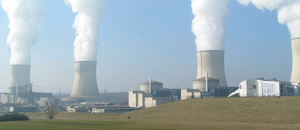A beautiful quote from Bhagvad Gita
I have come to recognize that true growth happens when we wish change for ourselves, and we have the energy and enthusiasm to actually act upon that wish. No one else in this world can help you take those steps forward in life.
And yet, in most cases, the path we take is not straightforward, even when the road ahead is straight! Stuck in the cycle of habits, we vacillate between our old selves, and the better self we wish to discover and/or shape ourselves into. Here the mind is the tempter, luring us with short-term comfort, into our old ways.
But if we are determined, and we persist, we can overrule the mind's excuses, and push ourselves into a level of greater capacity, awareness and satisfaction. And it will be worth the temporary pain. What a unique design life has!




